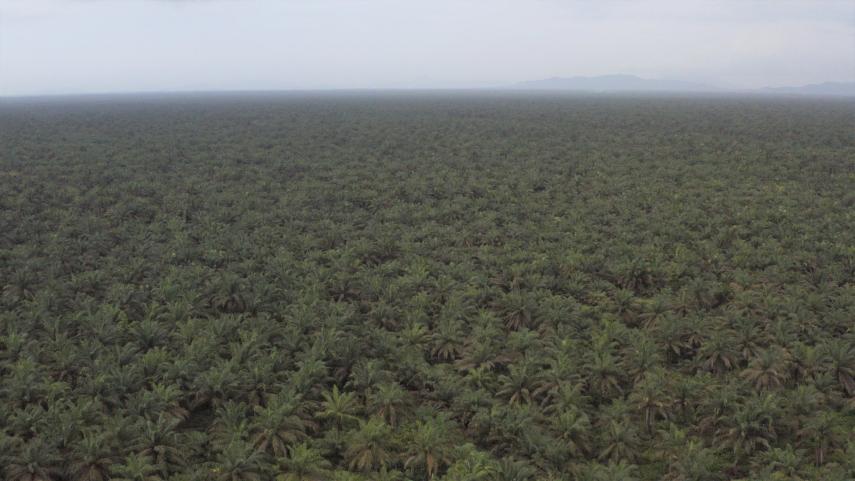UK parliamentary committee report on deforestation: Key takeaways on indigenous and forest peoples’ human rights
The UK parliamentarian Environmental Audit Committee (‘the Committee’) recently published a report on the UK’s contribution and current approach to tackling global tropical deforestation. The report makes several recommendations to strengthen the protection of indigenous peoples’ human rights within UK policies and laws that seek to reduce tropical deforestation. The UK Government’s response to the report is expected in March this year.
Importantly, the Committee recognised that indigenous peoples’ customary rights to land, territories and resources are frequently not protected by national laws, and that conflicts, violence and historical marginalisation are common obstacles in attempts to secure such rights. The Committee noted that secure tenure rights are essential to effectively address deforestation, asserting that the UK Government can make a “…significant contribution to ensuring security of tenure”.
Recommendations of note
An area of focus for the Committee was Schedule 17 of The Environment Act, a law introduced in 2021, but not yet in effect, which aims to reduce the UK’s contribution to tropical deforestation related to forest-risk agricultural commodities such as palm oil, soy, beef, leather and cocoa.
The report acknowledges that Schedule 17 of the UK’s Environment Act does not in itself guarantee that the rights of indigenous peoples and other communities with customary tenure systems will be protected. The Committee recommended that legal amendments, if necessary to the primary legislation, should be made to ensure that customary tenure rights are clearly included within the scope and definition of ‘land use and land ownership laws’ contained in the Schedule.
The Committee noted that the UK’s focus only on illegal deforestation is ‘regrettable’ and that it differs from the EU Deforestation Regulation, which focuses both on legal and illegal deforestation. A further recommendation was made by the Committee to look into the Act’s effectiveness in supporting the human rights of indigenous peoples to land, territories and resources during the review of Schedule 17.
The need to focus on the outcomes of laws and policies and how they serve, or not, to improve forest governance also appeared as a recommendation in relation to the Forest Law Enforcement Governance and Trade Programme (FLEGT). The Committee forwarded the need for country-specific reviews to be undertaken to better understand which factors have led to particular outcomes, and that lessons should be incorporated into other UK policies, laws and initiatives that seek to incentivise better tropical forest governance.
The Committee made several other concrete recommendations relating to indigenous peoples, including the need for the full and meaningful participation of indigenous peoples in global and national negotiations to address deforestation.
The Committee also considered the topic of direct funding of indigenous and forest peoples, referring to a commitment made by the UK during the Climate Change COP26 in Glasgow, recommending that “….the greatest possible proportion of UK funding is disbursed so as to reach IPLC [indigenous peoples and local communities] organisations directly and verifiably.” The Committee further called for increased transparency to aid accountability and clarity on how the £1.5bn of funding specifically committed to under the Global Forest Finance Pledge will be spent.
During the inquiry that led to the Committee’s report and recommendations, the Committee heard from Forest Peoples Programme partners James Otto, Programme Coordinator at the Sustainable Development Institute in Liberia, and Norman Jiwan from TUK Indonesia and received written and oral evidence from Forest Peoples Programme.
These submissions are available to read:
-
https://www.forestpeoples.org/en/submission-UK-EAC-inquiry-sustainable-timber-and-deforestation
-
https://www.forestpeoples.org/en/article/2023/additional-evidence-environmental-audit-committee



